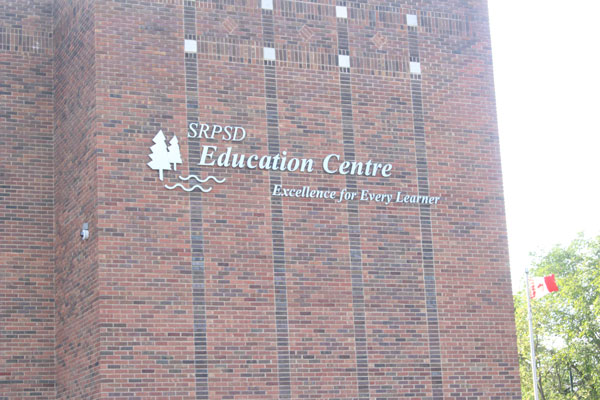Saskatchewan Rivers education director Neil Finch said the division will need time to review recently announced changes to the Graduation Credit Requirements for high school students, but there are definitely some positives.
The changes will come into effect for the 2024-2025 year. Students entering Grade 10 that year will be the first group to be impacted by the changes.
Finch said the division will need time to look at the changes.
“Like anything that is new (and) coming our way, there will be some positive pieces and maybe some not so positive pieces for us,” Finch said. “That comes with any change.”
The changes include a new credit requirement for a course that focuses on financial literacy. There is also a change in the number of required credits for English language arts (ELA) and social sciences. There is also an increase in the number of electives students require to graduate.
A new grade 10 Financial Literacy credit will provide the building blocks for students to understand personal finance and the economy, according to a Ministry of Education press release. Adding a financial literacy credit also aligns with the majority of Canadian jurisdictions that require students to learn about financial literacy.
“We think that is a course that will really help students when they leave us and go out to the real world,” Finch said.
A change to the number of required credits for English language arts (ELA), from five to three, with one requirement at each of the Grades 10, 11 and 12 levels will bring Saskatchewan into alignment with other provinces, including British Columbia, Alberta, Manitoba and Ontario, which all require three ELA credits to graduate.
“A difficulty for some students to graduate is having to do five ELA credits and that is going to be reduced down to three, so there is one in Grade 10, one in Grade 11 and one in Grade 12,” Finch said. “I think that is going to help students have more success with a subject that can be quite difficult.”
Required credits for social sciences will change from three to two and will bring Saskatchewan into alignment with other jurisdictions. British Columbia and Manitoba each require two credits, while Ontario requires 1.5 credits.
The number of credits required to graduate has not changed. Saskatchewan students will still need 24 credits to graduate, but students will now have more choice and flexibility in how they achieve those 24 required credits. The number of required high school credits remains the same for all other subject areas.
michael.oleksyn@paherald.sk.ca


